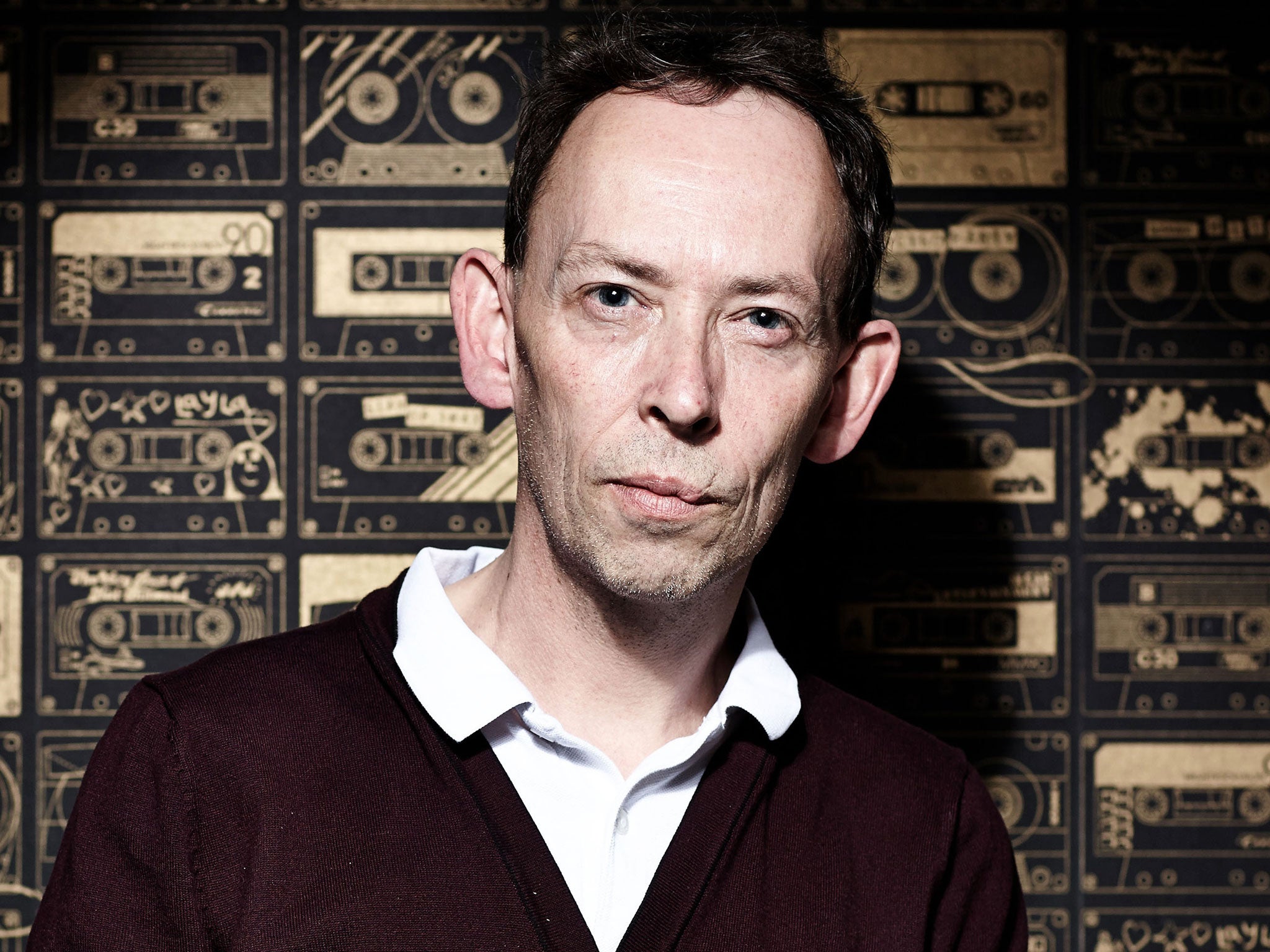We're ignoring UK's best music, says Steve Lamacq
As top DJ marks 20 years at the BBC, he tells Paul Bignell about media bias against the north

Your support helps us to tell the story
From reproductive rights to climate change to Big Tech, The Independent is on the ground when the story is developing. Whether it's investigating the financials of Elon Musk's pro-Trump PAC or producing our latest documentary, 'The A Word', which shines a light on the American women fighting for reproductive rights, we know how important it is to parse out the facts from the messaging.
At such a critical moment in US history, we need reporters on the ground. Your donation allows us to keep sending journalists to speak to both sides of the story.
The Independent is trusted by Americans across the entire political spectrum. And unlike many other quality news outlets, we choose not to lock Americans out of our reporting and analysis with paywalls. We believe quality journalism should be available to everyone, paid for by those who can afford it.
Your support makes all the difference.He has been Britain's rock music taste-maker for the past two decades, credited with bringing Oasis and Coldplay to the masses. But the BBC Radio DJ Steve Lamacq believes more should be done by the industry and media to focus on home-grown talent, especially that outside the capital.
"You need the appetite to investigate what's going on around the country," he said. "I'm not a man to make predictions, but I would say – just in the same way Britpop was quite underground during 1993 – there's probably loads going on that we're not really seeing."
Lamacq, who is celebrating 20 years as a DJ at the BBC this weekend – first on Radio 1's The Evening Session and now at 6 Music – has been at the forefront of British rock and indie music since the early 1990s. The 47-year-old says the music press and industry often ignore UK talent by focusing on what's happening across the Atlantic.
"I think we've had a bit of a history in Britain of ignoring our own music at times. It happened during grunge and again now. There is a weird fascination among some parts of the media with who's cool on the American blogs, at the expense of things on our own doorstep," he said. "I think around places like Hull, Sheffield, York and further north, through Manchester and up to Scotland – I'm sure there are things going on, but the spotlight's not being shone there."
The DJ says it is the fear of missing out on a great new band that keeps him delving through the seven hours' worth of CDs he receives each week. Among those lucky few bands being tipped by Lamacq are Goldheart Assembly, Manchester blues rockers Findlay, and the Welsh band Catfish and the Bottlemen.
While he was growing up as an only child in a small village in Essex in the mid-1970s, it was the music of Eddie and the Hot Rods, the Stranglers, and Siouxsie and the Banshees that first turned him on to alternative rock music. In the mid-1980s he published a fanzine called A Pack of Lies – "my landlady used to get annoyed by the 'thump, thump' as I stapled hundreds of copies together" – which he would sell for 30p at clubs in London. After joining the NME where he broke several up-and-coming indie bands, Lamacq made the jump to radio, first at Xfm and later at BBC Radio 1, with The Evening Session with Jo Whiley, which lasted for almost a decade.
As he enters his third decade at the BBC, Lamacq admits that it's not always been easy staying fresh in a fickle pop world. But suggests his punk roots help him look forward.
"One of the things that's helped me is that I've never really grown up. I'm also of the punk generation where you never looked back. The oddest thing for blokes of our age is that we never listened to records that were 20 years old. If we had been listening to records 20 years old in 1978, we'd be listening to stuff from 1958. Music just moved forward so quickly. So I think we're of a generation who wants to go forward, even though we're aware there's only so much rock'n'roll can do."
Join our commenting forum
Join thought-provoking conversations, follow other Independent readers and see their replies
0Comments